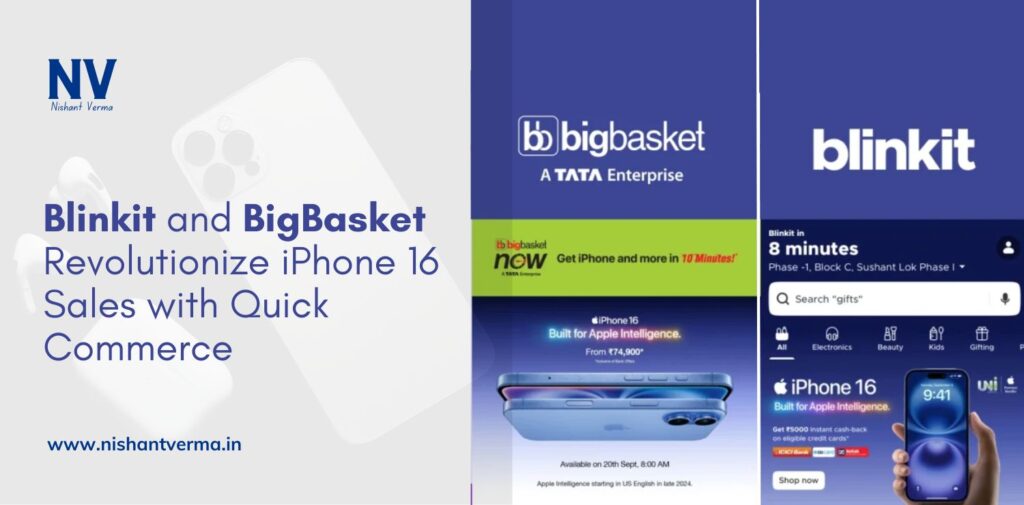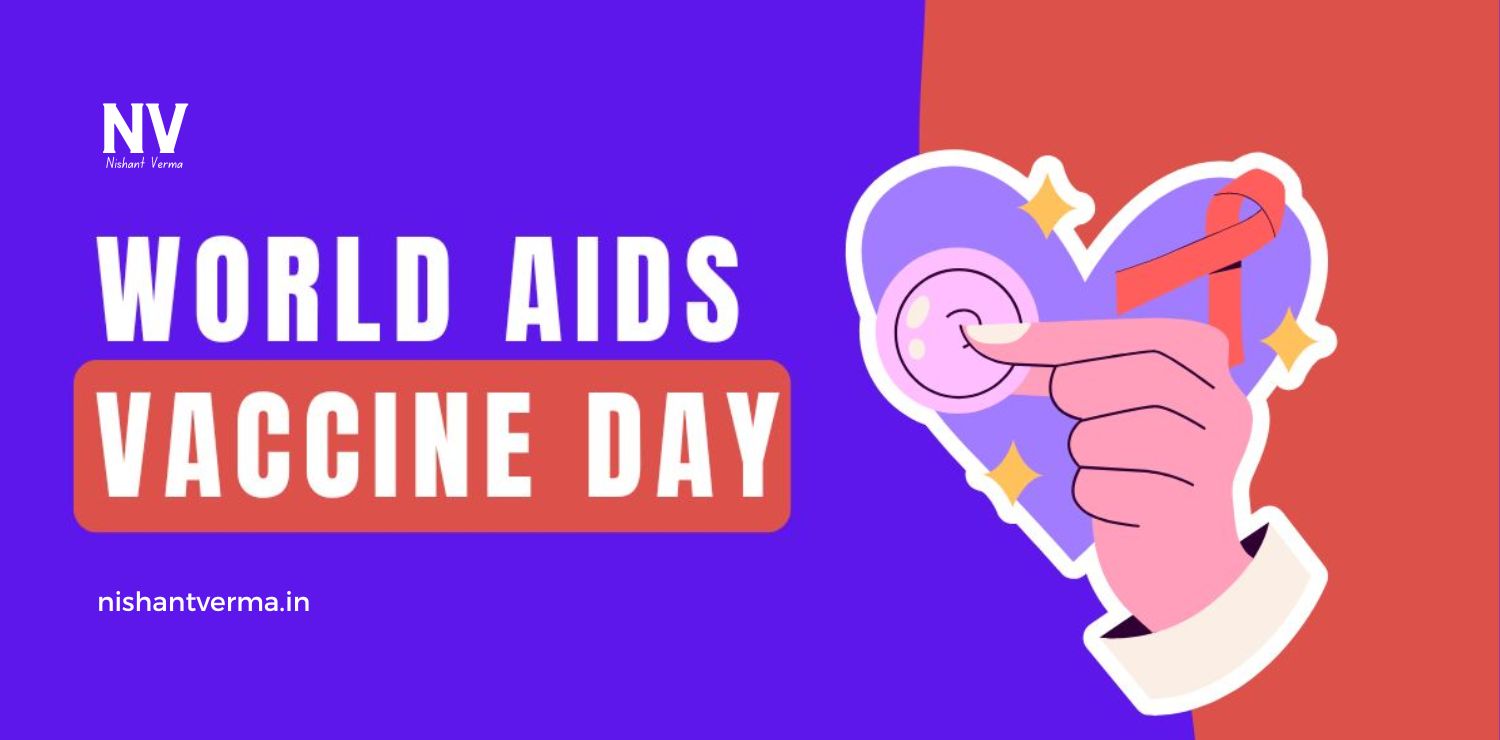The launch of the iPhone 16 series in India has seen innovative approaches in its distribution, with quick commerce services like Blinkit and BigBasket stepping up to deliver the phones to consumers in record time. Within just 2 hours and 30 minutes, Blinkit delivered over 300 iPhones, highlighting how e-commerce platforms are changing consumer expectations.
Instant Gratification in the Age of Quick Commerce
The concept of quick commerce, where products are delivered in under 10 minutes, is not new but has gained momentum over the past few years. Blinkit, formerly Grofers, began its journey in groceries and essentials but has since expanded into high-demand tech products like smartphones. BigBasket, too, is now in the game, delivering iPhone 16 models within 8-10 minutes in major metropolitan areas, including Mumbai and Delhi. This approach capitalizes on consumers’ desire for immediate satisfaction, a trend that has only increased in the digital age.
Why iPhone?
Apple products, especially iPhones, have a cult-like following in India. Every new iPhone launch sparks excitement among consumers, with many waiting in long queues at physical Apple stores. However, quick commerce platforms have found a way to meet this demand without the hassle of standing in line. With thousands of customers lining up at Apple Stores, Blinkit and BigBasket identified a golden opportunity to leverage their delivery capabilities for high-value tech items. The strategy has proven successful, with the demand for fast delivery of iPhones skyrocketing.
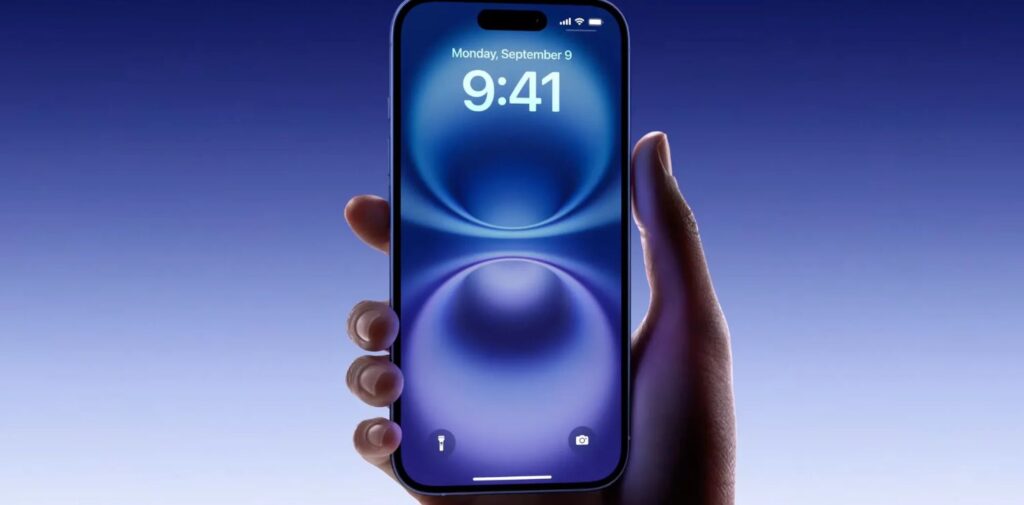
The Economics of Quick Commerce and Tech Products
At first glance, delivering iPhones within minutes may seem like a logistical challenge. However, this is where quick commerce platforms shine. The success of Blinkit’s iPhone deliveries demonstrates how advanced supply chain management and local warehousing have transformed logistics. Blinkit’s CEO reported that 300 iPhones were delivered within the first few hours of the iPhone 16’s sale, a feat that highlights the efficiency of their service model.
The companies maintain strategically located dark stores in metro cities, ensuring that products can be dispatched within moments of an order being placed. This is also a boon for Apple, whose premium products often come with the expectation of top-tier customer service. Collaborating with quick commerce platforms helps Apple cater to this market segment.
Apple’s Understanding of the Indian Consumer
Apple has long understood the consumer mindset in India, where a large percentage of premium smartphones are purchased on EMI (equated monthly installments). Reports indicate that around 70% of iPhones sold in India are bought via EMI plans. This financial model allows consumers to upgrade to the latest technology without needing to make large upfront payments, driving demand for Apple’s products even among middle-income groups.
The tech giant has partnered with several banks and financial institutions to offer attractive EMI options, further simplifying the purchasing process. In this context, Blinkit and BigBasket’s partnership in delivering iPhones is another layer of convenience for the customer. Not only can they purchase their new phone on easy payment terms, but they also receive it within minutes of the order.
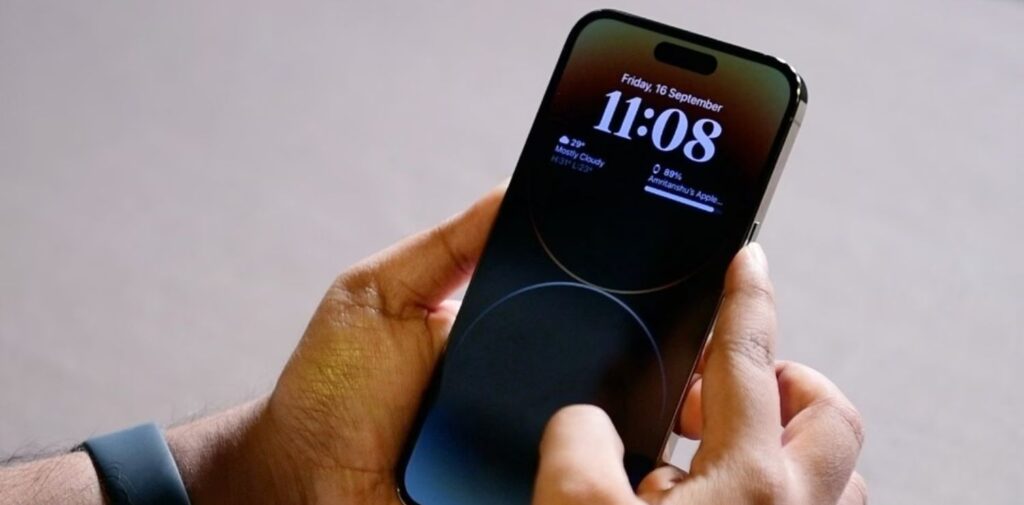
How This Changes the Landscape for Competitors
This move by Blinkit and BigBasket has raised the stakes for competitors in the e-commerce and tech retail space. Traditional platforms like Amazon and Flipkart, which have long dominated smartphone sales in India, are facing pressure to innovate. While these companies offer same-day or next-day delivery for iPhones, the appeal of getting a product in under 10 minutes is hard to compete with.
Myntra, AJIO, and Nykaa, giants in fashion and lifestyle, could also face challenges as quick commerce extends beyond groceries and tech to lifestyle items. Fashion and footwear could be next on the list for Blinkit and BigBasket, with speedy returns and exchanges potentially setting them apart from more established players in this field.
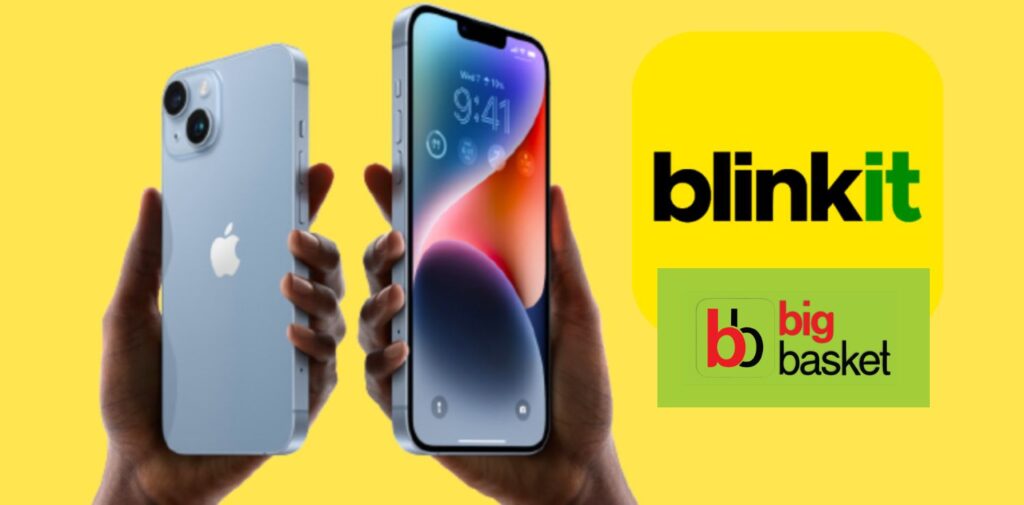
The Future of Quick Commerce in India
The iPhone 16 sale success shows the massive potential for quick commerce beyond its current domain. Experts predict that such platforms will eventually expand into other high-value product categories, including fashion, electronics, and even healthcare products. The urban demographic, especially in metro cities, values convenience, speed, and seamless shopping experiences.
However, this shift also raises questions about sustainability. The environmental impact of ultra-fast deliveries, which rely on a high volume of transportation within cities, could become a concern. There are also logistical challenges for quick commerce platforms in expanding to non-metro areas, where infrastructure is not as robust.
Conclusion
Blinkit and BigBasket’s rapid iPhone 16 deliveries have set a new standard in the Indian quick commerce industry. Their ability to deliver high-value tech products in under 10 minutes is not just a marketing gimmick but a real game-changer. This collaboration between quick commerce platforms and Apple offers a glimpse into the future of online shopping, where instant gratification meets seamless customer service. As these platforms continue to innovate and expand, they are likely to redefine consumer expectations, creating both opportunities and challenges for the broader e-commerce ecosystem.
Apple’s deep understanding of the Indian consumer, coupled with the ability to meet immediate delivery demands, further strengthens its position as a dominant player in the Indian smartphone market. For competitors, the pressure is on to innovate and keep up with this new era of quick commerce.

